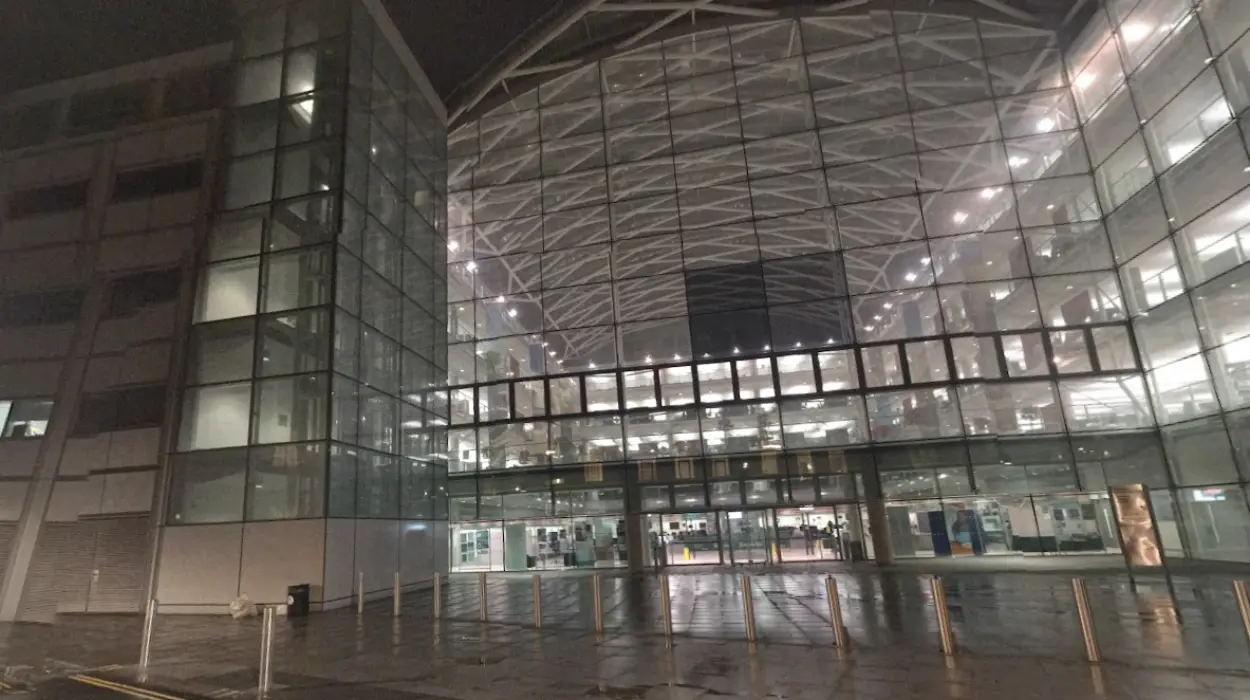Key Points
- Hackney experiences a significant rise in property prices, drawing entrepreneurs from central London.
- Rising property costs in central areas push startups to seek more affordable spaces in Hackney.
- Hackney’s vibrant culture, transport links, and business ecosystem boost its appeal.
- Hackney Council supports new businesses via grants, incubators, and partnerships.
- Diverse sectors such as tech, creative arts, food, and co-working fuel growth.
- Longtime residents show mixed feelings regarding gentrification and changes.
- The trend aligns with post-pandemic decentralisation and increased flexible workspaces.
What Is Driving the Rise of Entrepreneurship in Hackney?
As reported by various London business and property outlets, escalating property prices in central London are a primary engine for businesses relocating to Hackney. High costs in Soho, Shoreditch, and other traditional hubs have made Hackney, with its relatively affordable commercial and residential spaces, an attractive alternative.
- Key Points
- What Is Driving the Rise of Entrepreneurship in Hackney?
- How Are Property Prices Changing in Hackney?
- What Initiatives Are Supporting Business Growth in Hackney?
- Which Sectors Are Leading Hackney’s Entrepreneurial Expansion?
- How Are Local Residents Reacting to the Change?
- How Does Hackney’s Rise Fit Into Broader Economic Trends?
The area’s vibrant cultural identity, combined with excellent transport accessibility via Hackney Central and the London Overground, offers a fertile ground for startups. Entrepreneurs are drawn to the dynamic creative and tech communities that have flourished in Hackney in recent years.
How Are Property Prices Changing in Hackney?
Hackney’s property market has seen considerable growth, with analysts noting substantial price rises particularly in commercial spaces. While still below London’s West End, increased demand has led to redevelopment projects, transforming old warehouses and industrial sites into modern offices and creative hubs.
This property rise supports the creation of new business facilities yet poses challenges for small and local businesses and residents concerned with affordability and displacement.
What Initiatives Are Supporting Business Growth in Hackney?
Hackney Council, as indicated by statements from the Cabinet Member for Economic Growth and Employment, has rolled out various initiatives to nurture new businesses. These include startup grants, innovation incubators, workspace provision, and organised networking events.
The council’s balanced approach seeks to promote economic development without undermining Hackney’s rich cultural fabric and diversity, aiming for inclusive growth that benefits both new entrepreneurs and existing communities.
Which Sectors Are Leading Hackney’s Entrepreneurial Expansion?
Entrepreneurial activity in Hackney spans multiple sectors. Technology startups, creative industries (media, design), artisanal food and beverage enterprises, and co-working spaces dominate the landscape. This diversity reflects Hackney’s strength as an adaptable and inclusive business locale.
Hackney’s proximity to major transport nodes enhances its logistical and commuter appeal, further bolstering growth prospects.
How Are Local Residents Reacting to the Change?
Coverage in local news reveals mixed reactions among Hackney’s established residents. While some applaud the new economic opportunities and services, others raise concerns over gentrification, rising living costs, and potential loss of the borough’s historic character.
Council leaders and community groups continue dialogue to mitigate adverse impacts and foster a balanced approach to development and heritage preservation.
How Does Hackney’s Rise Fit Into Broader Economic Trends?
Economic analysts link Hackney’s entrepreneurial surge to wider city-wide trends accelerated by the COVID-19 pandemic. The movement towards decentralisation, flexible work models, and demand for affordable, spacious premises complements Hackney’s offerings.
Hackney’s growing business community is therefore positioned to contribute substantially to London’s economic resilience and innovation trajectory in the coming decade.



